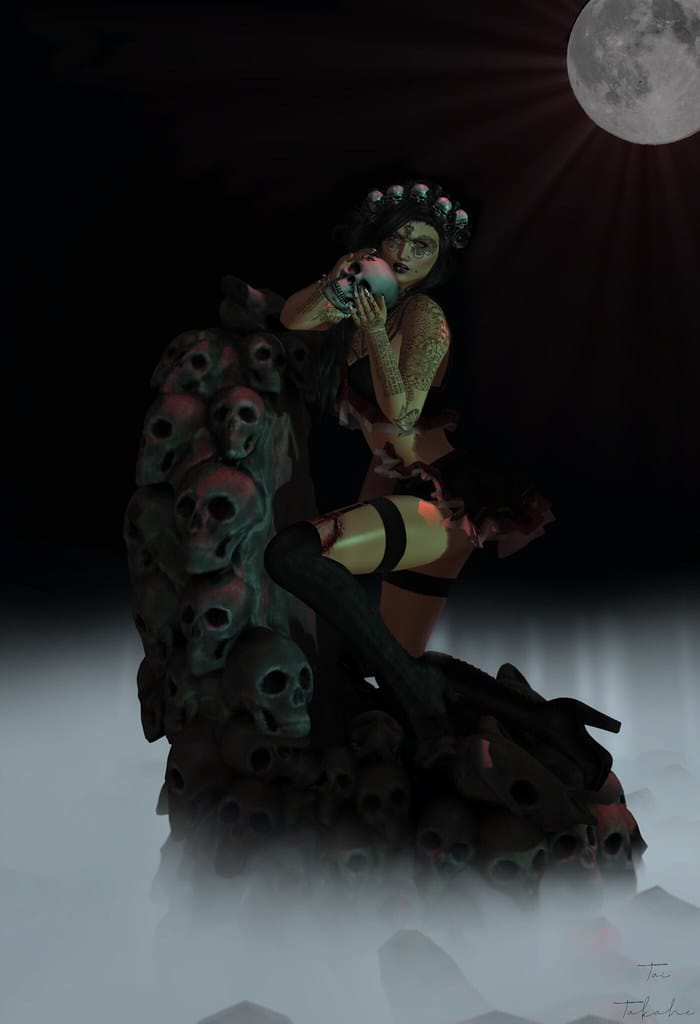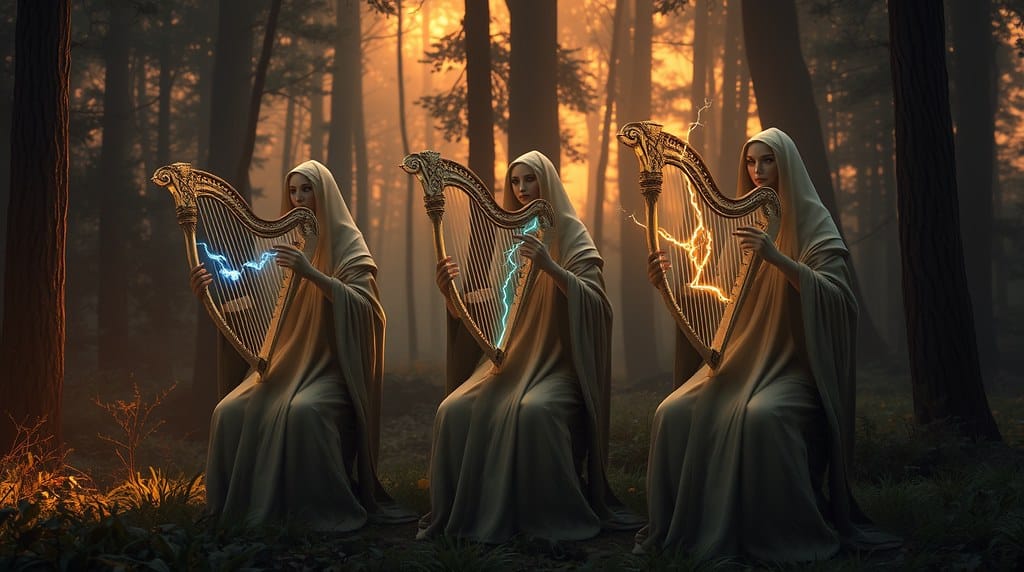The Music Industry Fights Back: Inside the Tech Arms Race to Detect AI-Generated Songs
The music industry is quietly assembling a technological arsenal to combat an emerging threat that could reshape the very foundation of artistic authenticity. As artificial intelligence becomes increasingly sophisticated at creating human-like music, record labels, streaming platforms, and rights organizations are investing millions in detection technology to identify AI-generated content before it floods the market.
The Rising Tide of AI Music
The catalyst for this technological arms race isn't hypothetical—it's already happening. In April 2023, a fake song featuring AI-generated vocals mimicking Drake and The Weeknd went viral on TikTok, accumulating hundreds of thousands of plays before being removed. The track, titled "Heart on My Sleeve," was so convincing that many listeners initially believed it was a genuine collaboration between the two megastars.
This incident served as a wake-up call for an industry already grappling with the implications of AI technology. According to industry reports, the number of AI-generated tracks uploaded to major streaming platforms has increased by over 300% in the past year alone, with many going undetected for weeks or months.
Building the Digital Bloodhounds
Audio Fingerprinting Gets an AI Upgrade
Traditional audio fingerprinting technology, which has been used for years to identify copyrighted music, is being supercharged with machine learning capabilities. Companies like Audible Magic and ACRCloud are developing new algorithms that can detect subtle artifacts left behind by AI music generation tools.
These systems analyze thousands of audio characteristics simultaneously, from vocal formant patterns to breathing inconsistencies that human singers naturally exhibit but AI often fails to replicate perfectly. The technology can identify telltale signs such as unnatural pitch transitions, digitally perfect timing, and the absence of room tone that typically accompanies human recordings.
The Human Voice Detector
One of the most promising developments comes from a collaboration between major record labels and acoustic research institutions. The technology, currently being tested by Universal Music Group and Warner Music Group, focuses specifically on detecting AI-generated vocals by analyzing micro-expressions in speech patterns, vibrato consistency, and the natural imperfections that make human voices unique.
Early tests show the system can identify AI-generated vocals with 94% accuracy, even when the AI has been trained on thousands of hours of a specific artist's voice. The technology is expected to be integrated into major streaming platforms by early 2024.
The Streaming Platform Response
Spotify, Apple Music, and YouTube Music are all developing proprietary detection systems, but they're taking different approaches. Spotify is focusing on metadata analysis, examining upload patterns and account behaviors that might indicate AI-generated content. Meanwhile, Apple Music is investing in real-time detection that can identify AI music as it's being uploaded.
YouTube Music has perhaps the most comprehensive approach, combining audio analysis with visual detection for music videos. Their system can identify AI-generated faces and voices simultaneously, addressing the growing trend of deepfake music videos accompanying AI-generated tracks.
Industry Challenges and Ethical Considerations
The detection technology faces significant challenges. As AI music generation tools become more sophisticated, they're also becoming better at evading detection. It's a classic cat-and-mouse game, with AI creators finding new ways to mask their digital signatures.
There's also the question of legitimate AI-assisted music production. Many artists now use AI tools for composition, arrangement, or even vocal processing. The industry must distinguish between AI-generated content masquerading as human artistry and legitimate artistic expression that incorporates AI as a tool.
The Economic Stakes
The financial implications are staggering. The global music industry generates over $26 billion annually, with streaming accounting for 65% of that revenue. Unchecked AI-generated content could disrupt royalty payments, dilute artist revenues, and undermine the fundamental value proposition of authentic human creativity.
Record labels estimate that AI-generated content could represent up to 20% of new uploads within the next three years if left unchecked, potentially costing the industry billions in misdirected royalties and lost authentic content discovery.
Looking Ahead: The Future of Musical Authenticity
The music industry's investment in AI detection technology represents more than just a defensive measure—it's a statement about the value of human creativity in an increasingly digital world. As this technological arms race continues, the industry is essentially defining what constitutes authentic music in the AI age.
Success will require ongoing collaboration between technologists, artists, and legal experts to create systems that protect authentic creativity while allowing for legitimate innovation. The stakes couldn't be higher: the future of musical authenticity hangs in the balance, and the industry's response today will shape how we experience and value music for generations to come.

